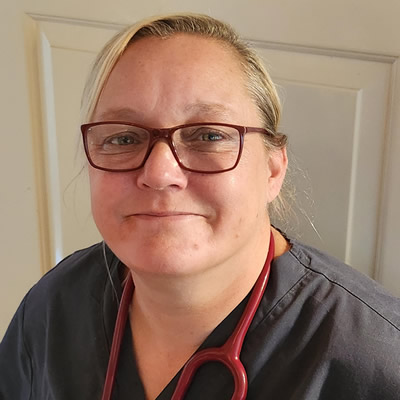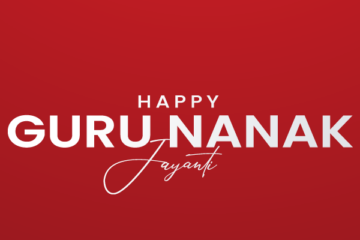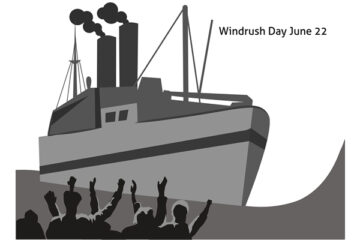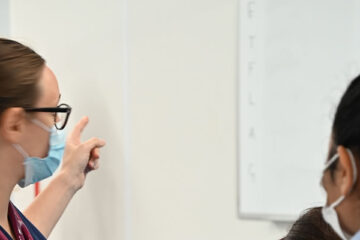Gypsy, Roma and Traveller month

April McKay, senior/lead advanced clinical practitioner in emergency care, has been involved in RCEM’s Best Practice Committee and is now a member of our Equity, Diversity and Inclusion Committee and writes about Gypsy, Roma and Traveller month.
I currently work as an Advanced Clinical Practitioner in Emergency Medicine seeing and treating adult and paediatric patients. Prior to commencing my journey to this I have been an emergency nurse since 2006 after qualifying from Nottingham University.
I am neurodivergent, with autism and dyslexia and while this has not stopped me, it can make life harder in some aspects. I continue to raise awareness about the challenges we face on a day-to-day basis either within our work life and outside of this. I believe that the way ahead in Emergency Medicine is to recognise and support everyone; this includes not only our colleagues, but also the community we serve regardless of differences. If we can do that then the speciality and our community will be better off.
My heritage is Irish travellers. My grandparents on my mother’s side travelled down from Blackpool and set up home in Derbyshire. We continue many traveller traditions within our family, and we pass these down to the next generations but also raise awareness about our culture, lifestyle, and history.
Due to a lack of understanding and knowledge about our way of life, as part of the Gypsies, Roma, and Travellers communities we have often suffered prejudice, persecution, and discrimination which unfortunately continues today in our modern world.
While some of us challenge myths, tackle prejudice, and have balanced debates about all issues, and in particular health inequalities, there are some that don’t feel they can do this due to the fear of people finding out who we are.
There is a change of the tide and many feel inequalities are being addressed but there is still more work to be done. There are many inequalities that persist and are built into the system for instance there are many who still today travel around with no permanent address. So how do you access GPs, education or claim the benefits you are entitled to or even have a permanent job without that?
Nowadays, some travellers live in houses and have a permanent job. Others still travel around and this is either in caravans, moving houses or boats. Some don’t have traveller heritage but take on this lifestyle. In summary, there is no standard traveller which means there is a huge diverse and rich culture.
Traveller month is relatively new (2008), but it is not just about celebration. It is also about raising awareness into our way of life, the rich history, and the everyday challenges we face. This year the theme is Weaving Journeys: A celebration of Gypsy, Roma and Traveller lives, histories and cultures: you can read more about this here.
https://travellermovement.org.uk/gypsy-roma-and-traveller-history-month
In the emergency department our doors never close, they are open all day every day and we have a rich and mixed culture within our society offering a very diverse range of individuals. We strive to ensure that there is equal access to healthcare for everyone at any time and in that catering for every person that walks in whatever the age, race or culture that they are from. We are at times the last resort in their moment of crisis or need and we have to ensure that the care we provide meets their needs.



1 Comment
RPLA · July 1, 2023 at 10:05 am
Since you became a nurse what is the most difficult thing you have experienced in your job? How did you go through it during the pandemic, did it run as usual?